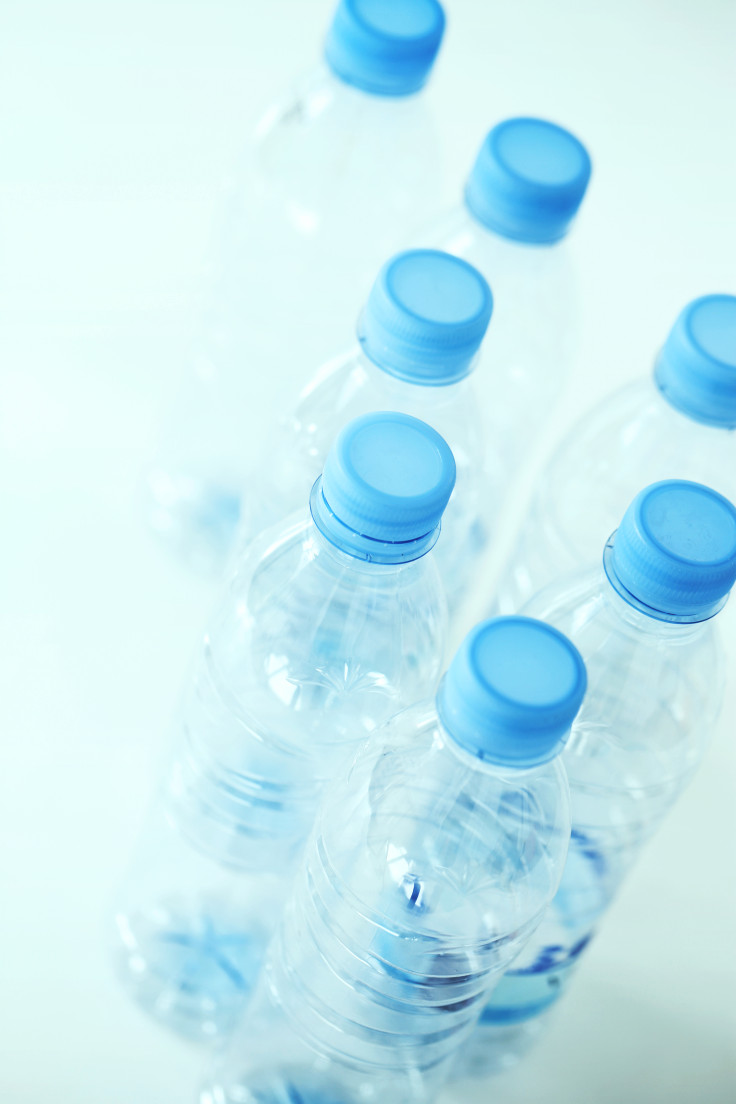
Bisphenol A (BPA), a prevalent chemical found in plastic products like water bottles, has been linked to various health concerns, including disruptions in hormonal function and an increased risk of conditions such as high blood pressure, type 2 diabetes, and cardiovascular disease. A new study adds to these concerns, suggesting that BPA may impact the gut microbiome, and is linked to childhood obesity.
Earlier studies have shown that high exposure to BPA may alter the gut microbiome, but the connections were not clear. To understand the links between BPA exposure, obesity, and the gut microbiome, researchers in Spain evaluated a group of more than 100 children.
The study published in mSystems found that BPA exposure could promote different microbial communities in normal-weight children than those in children with obesity or who are overweight. They also noted that normal-weight children had more unique bacteria taxa, which may help degrade BPA.
"We found that the gut microbial community responds differently to BPA exposure depending on the BMI (body-mass index) of the individual," said Margarita Aguilera, a senior author of the study from the University of Granada in Spain. These links "underscore the intricate interplay between gut microbiota and potential human pathophysiology resulting from cumulative BPA exposure."
The study examined 106 children, of which 60 were normal weight and the rest were either overweight or obese. All the participants were between the ages of 5 and 10 and were part of the OBEMIRISK project sponsored by the European Food Safety Authority. The project studied the interplay between BPA and the gut microbiome.
The researchers exposed the fecal samples of the participants to different levels of BPA, allowing them to incubate for three days. They then used 16S rRNA sequencing and amplicon sequencing to identify a total of 333 bacterial species that demonstrated resistance to BPA.
"Notably, species of Clostridium and Romboutsia found in the BPA-cultured samples promoted the richness of microbiota communities," the news release stated.
The researchers noted that, in general, "normal-weight children hosted a more diverse, enriched, and structured network of bacteria compared to those found in groups of overweight and obese children."
This observation suggests that the gut microbiota in normal-weight children may exhibit greater resilience when exposed to xenobiotic substances such as BPA.
"We want to raise awareness about the health risks associated with microplastics that enter our bodies, and those that circulate in the environment. It's crucial for individuals to be mindful of these concerns," Aguilera said.







